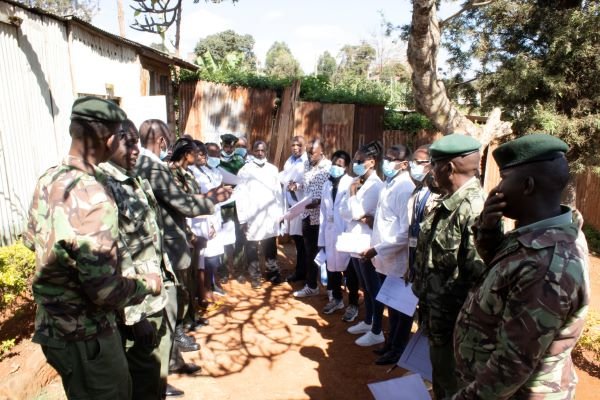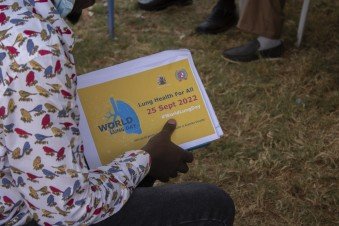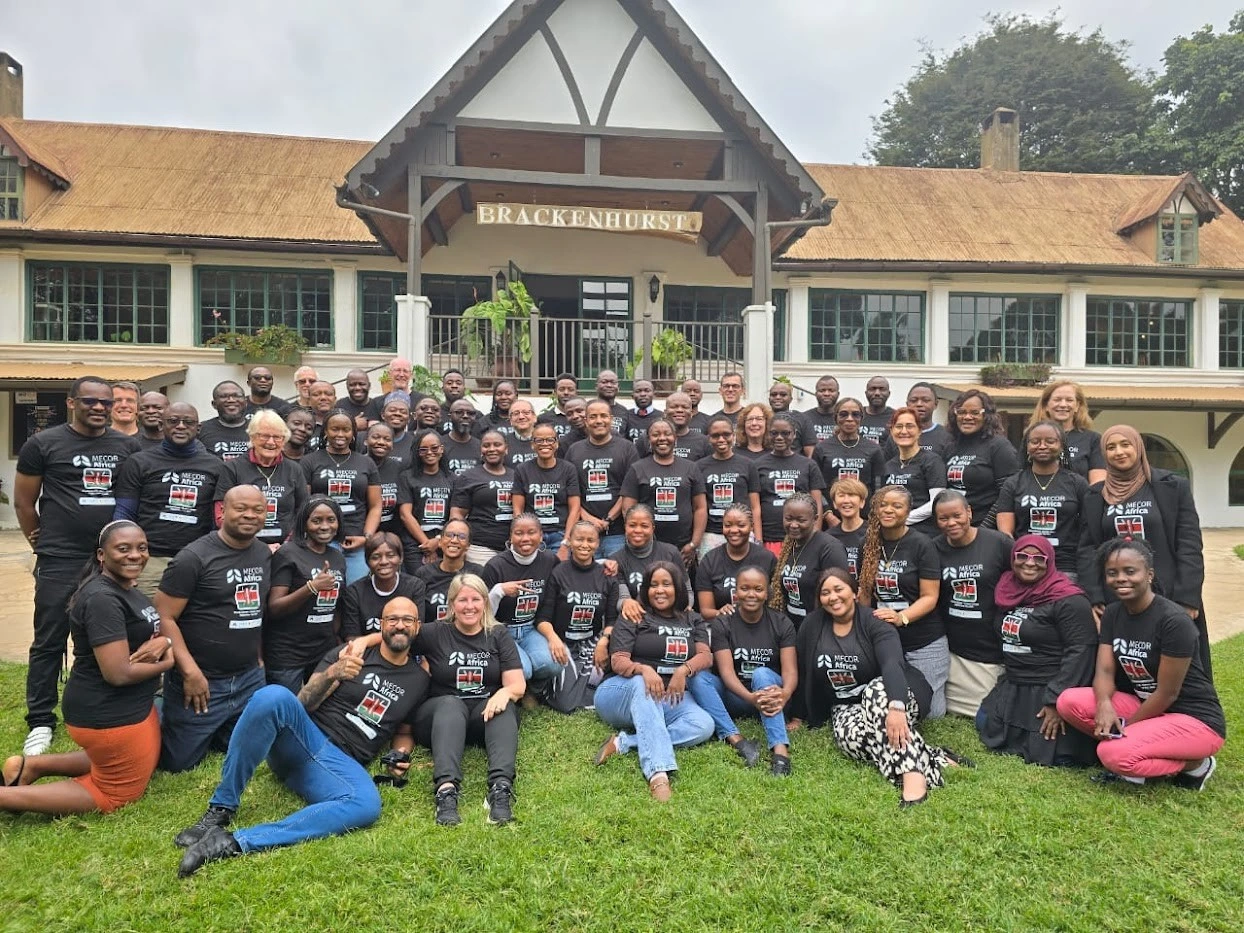SCREENING FOR TB AND TB ACF SENSITIZATION AT KIAMBU PRISON PALI 2022
Introduction
Prisoners are categorized among the high-risk population for acquiring tuberculosis (TB) and other related respiratory tract infections, which therefore calls for strict adherence to infection, prevention, and control (IPC) measures to avoid a surge in the number of infections. Risk factors for TB in prisons include overcrowding, poor ventilation, poor nutrition, comorbid diseases, e.g., HIV and poor access to TB services.
Disparities in accessing TB diagnostic and treatment services exist among prison population. This, coupled with the passive nature of TB screening in local prisons leads to missed opportunities, late diagnosis and spread of the disease to fellow inmates and prison staff. The world health organization (WHO) recommends TB active case finding (ACF) in prisons to facilitate early diagnosis and treatment of inmates with TB infection as well as prevent the spread of the disease. Kiambu prison is situated within Kiambu town and has an admission capacity of approximately 700 inmates. Through the PALI award, we supported the facility in carrying out TB screening for the prisoners and sensitized the prison officers on TB active case finding and prevention.
Objectives
- To carry out TB screening for all the prisoners at the facility
- To conduct health education on TB prevention and treatment for all the prisoners
- To sensitize the prison officers on TB active case finding and TB prevention
Approach
Pre-Event activities
- An introductory meeting was held at the Kiambu prisons between the officer in-charge prisons, deputy officer-in charge prisons, Sub-County TB coordinator and UoN CRISS+ project TB coordinator two weeks prior to the activity.
- Approval was sought and a clear plan for the day developed.
- A team of 21 screeners, 2 lab officers, 1 nutritionist and a rider to transport the sputum samples to the gene Xpert hub was assembled. A list of the prison officers to be sensitized on TB ACF was also availed.
Main Activity
On 25th September (World lung day), the activity started at 9:00 a.m. with briefing of the screening teams. The officer in-charge welcomed the team and introduced them to the officers on duty. Nineteen (19) screening stations were set up within the main prison with two additional stations for nutritional assessment and laboratory activities. A cough corner was set up for sputum collection.

The screening exercise was preceded by a brief health education on TB prevention and treatment for all prisoners from each of the 7 houses (cells). All prisoners with presumptive TB were referred to the lab desk for sputum collection and their details entered in the presumptive TB register. All the samples collected were later transported by the rider to the Kiambu level 5 hospital gene Xpert hub.

Results
- A total of 638 (94%) prisoners were screened for TB with 69 screening positive.
- All the 638 prisoners had a nutritional assessment done with 10 identified as malnourished and their records handed over to the officer in charge to facilitate nutritional intervention.
- A team of 50 prison officers were sensitized on TB active case finding and taken through infection, prevention, and control measures. The team was also tasked to develop a TB IPC workplan for review by the County TB coordinator during routine monthly supervision.
Conclusion
- Routine screening of TB at prison facilities is an effective way of ensuring cases are picked early thus curtailing spread of TB to other inmates.
- Proper implementation of infection, prevention and control measures is an effective way of ensuring the entire prisons community is safe from TB and other airborne diseases.
- At the end of the activity, the team handed over the screening report to the officer in-charge.
Acknowledgements
We acknowledge the generous support of the Pan African Thoracic Society through the PALI grant 2022.
By Eric N. Mugambi (2022)



